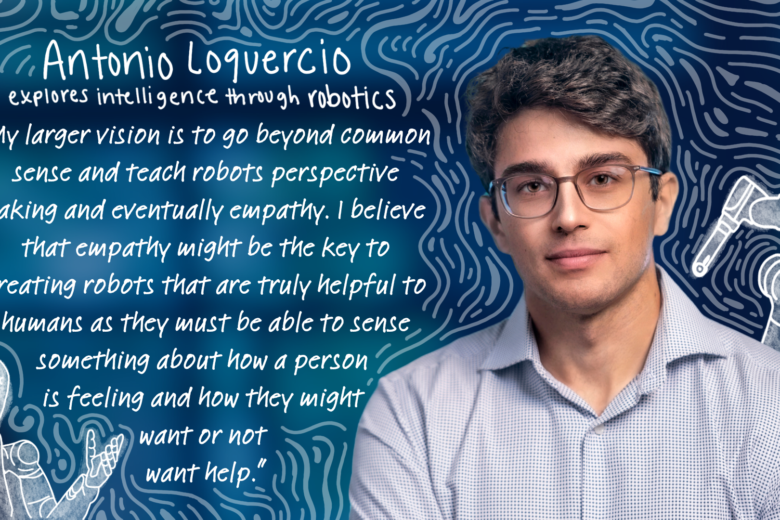
When asked “why study robots?” Antonio Loquercio, Assistant Professor in Electrical and Systems Engineering, says that he himself is 10% robot. Diagnosed with diabetes when … Read More ›

When asked “why study robots?” Antonio Loquercio, Assistant Professor in Electrical and Systems Engineering, says that he himself is 10% robot. Diagnosed with diabetes when … Read More ›
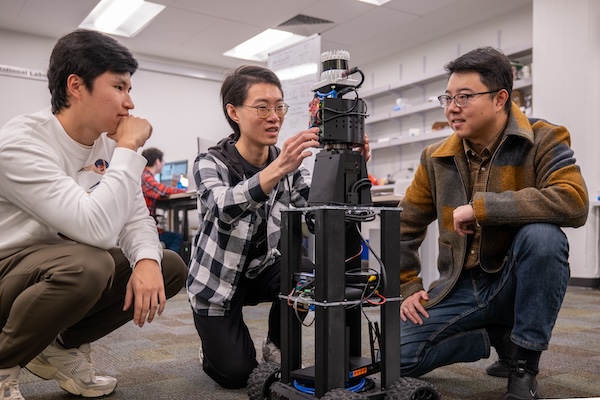
In the race to develop robust perception systems for robots, one persistent challenge has been operating in bad weather and harsh conditions. For example, traditional, … Read More ›
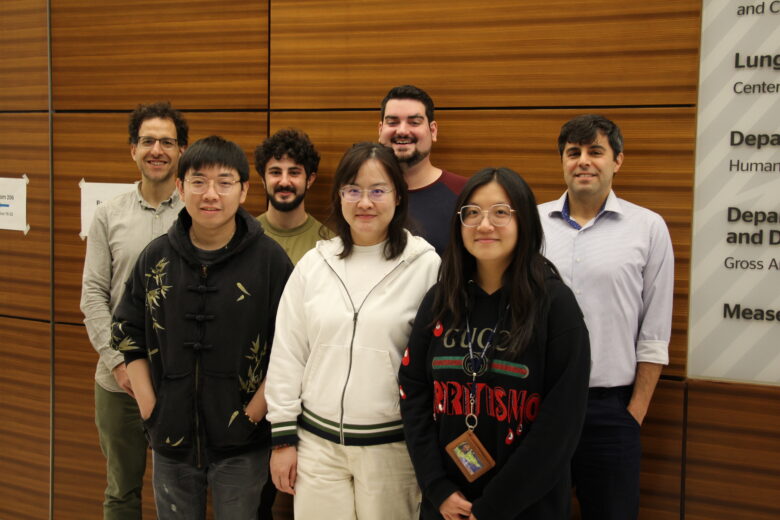
Imagine a new drug class that could — with one intramuscular injection at home or in a doctor’s office — treat the most common, chronic … Read More ›
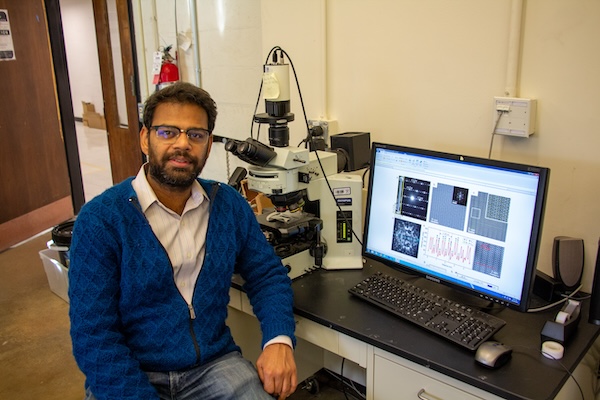
The atoms of amorphous solids like glass have no ordered structure; they arrange themselves randomly, like scattered grains of sand on a beach. Normally, making … Read More ›
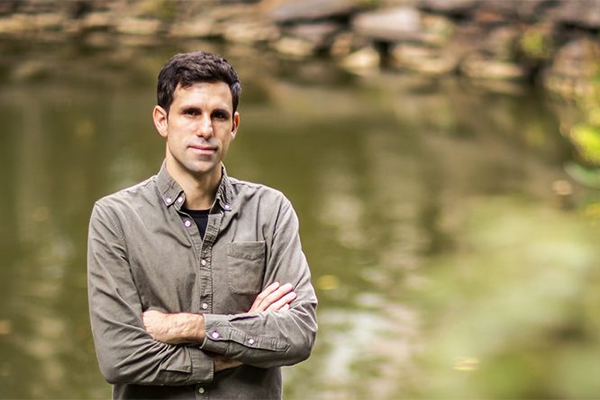
In a significant advance against the growing threat of antibiotic-resistant bacteria, researchers have identified a novel class of antimicrobial agents known as encrypted peptides, which … Read More ›
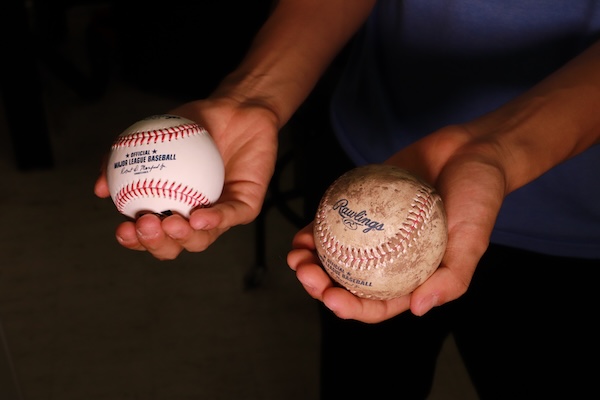
The unique properties of baseball’s famed “magic” mud have never been scientifically quantified — until now. In a new paper in Proceedings of the National … Read More ›
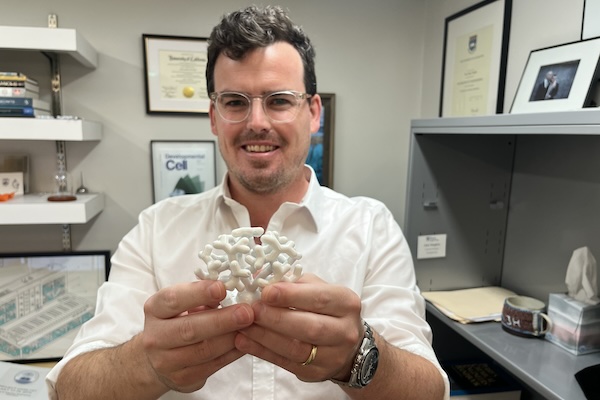
To Alex Hughes, Assistant Professor in Bioengineering within Penn Engineering and in Cell and Developmental Biology within Penn Medicine, the kidney is a work of … Read More ›

At one point or another, you may have gone online looking for a specific bit of information and found yourself “going down the Wiki rabbit … Read More ›
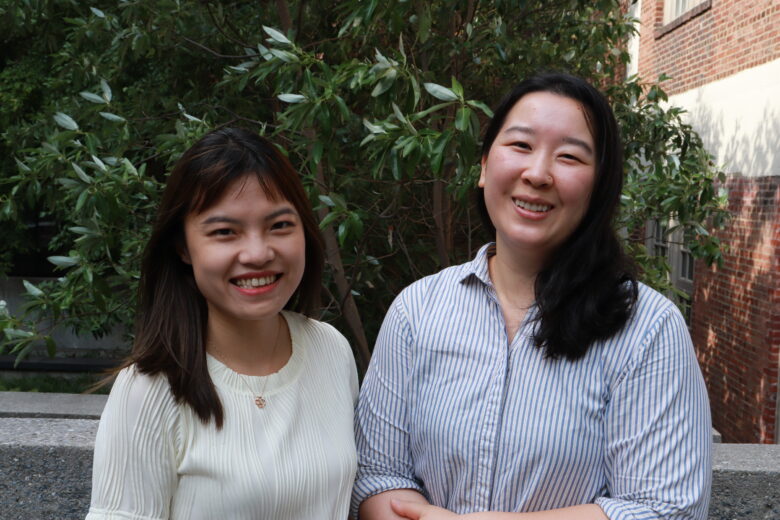
Are we only seeing the kind of news we want to see on social media? What effects do personalized algorithms have on our perception … Read More ›
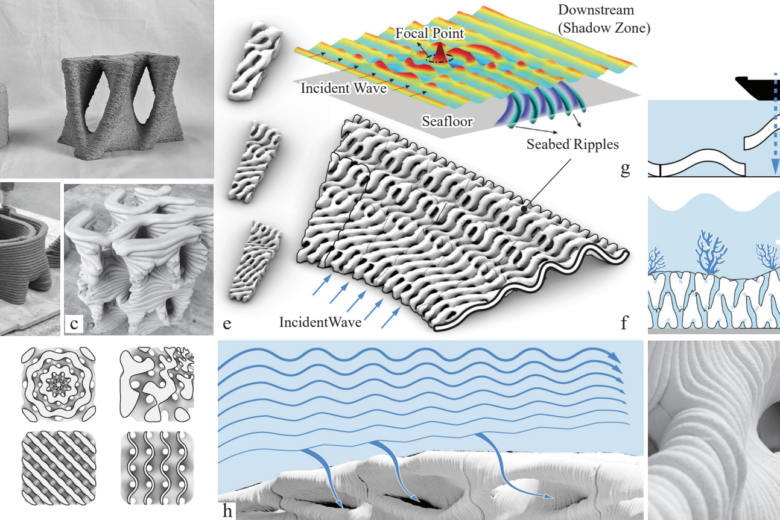
In the race to power the world with renewable energy, Shu Yang, Joseph Bordogna Professor and Chair of Materials Science and Engineering (MSE), looks to … Read More ›